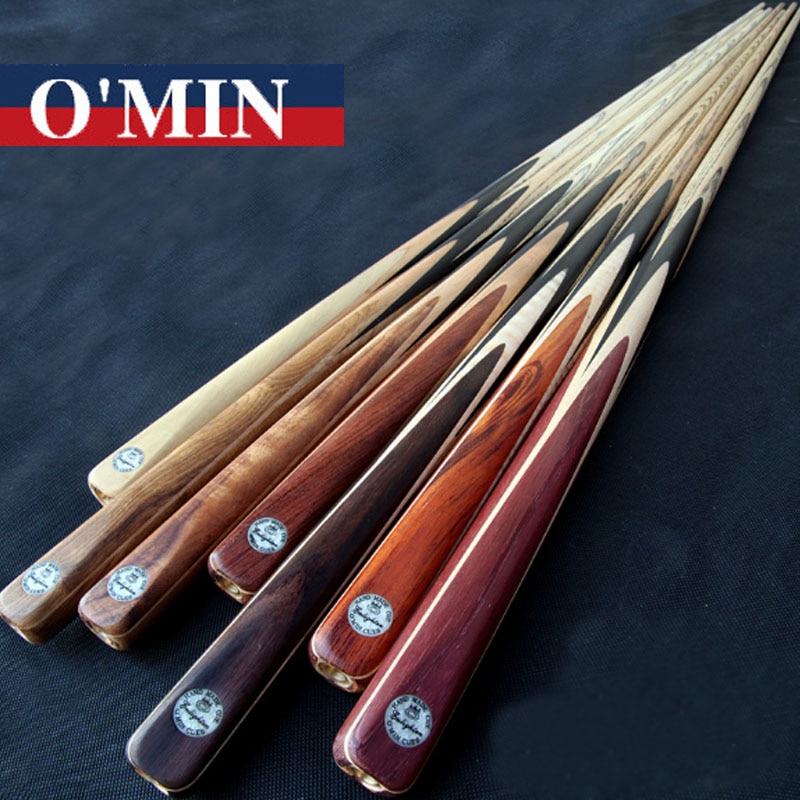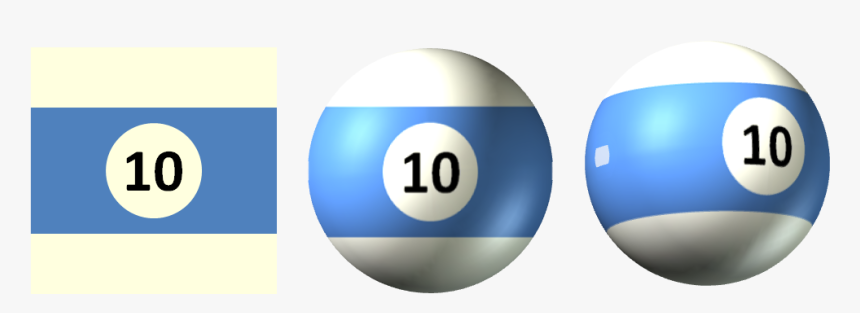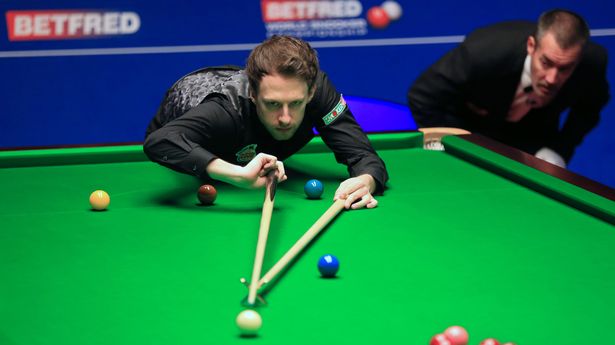
It doesn't really matter if your goal is to play pool or if you just want to have fun, it's important to know how big a pool table you need. There are several different sizes to choose from, so it's important to find the right one for your needs.
Measure the area you wish to install the pool tables. The area you want to place the pool table in will need measurement. This is what's known as the minimum space size. After you've taken these measurements, you'll need to subtract the furniture from the total room size.
You can determine how large your room is by knowing how big you need a pool table. The standard sizes for pool tables are 7, 8, and 9 feet. These are the standard sizes that most people use. You can also find specialty tables. For example, you can find smaller tables designed for kids. Mini tables are also available, measuring only 3-4 feet in length. These are great for learning the game with children.

A regulation-sized pool table will be the best choice for serious players. You will find these in pool halls and in bars. For tournaments, most leagues consider a 9-foot table to be a good size. It's a great size for professionals who want to compete. It is an expensive investment so it is important to research.
The length of your cues is another thing to be aware of. The way you shoot will depend on how long your cues are. Longer cues can make it more difficult to hit the break shot. However, there are a number of "shorty cues" that are available in 36, 48, and 52 inches. These short cues not only make it easy to get around obstacles, but are also great for children's pool tables. "Troubleshooter" short-cues are available, which feel and function like full-size cues.
The cue length is very important when it comes to purchasing a pooltable. A shorter cue is better for children than for those who are taller. The length of your cues also determines how smoothly you will shoot. It can be difficult to take a break shot if you have longer cues. But, shorter cues are more efficient and can get around any obstacles.
You will need to take longer shots if you have a larger table. You will have more control. You will need to be more skilled and more difficult to maneuver a larger table. This will make competition exciting. But a bigger table means more space. A bigger table makes it easier to make errors. You should start with a table at least seven feet in length if you're a beginner.

If you're looking for a pool table that's perfect for a bar or pub, you might consider a seven-foot table. These tables are very popular in North American amateur leagues.